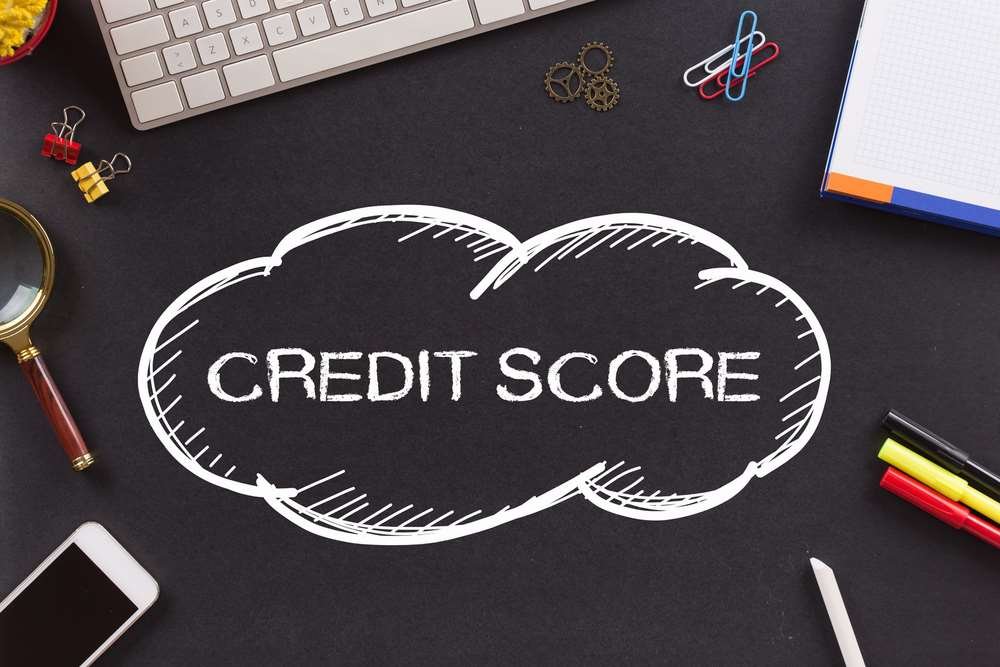Why Did My Credit Score Drop?
Published by Gbaf News
Posted on May 28, 2020
8 min readLast updated: January 21, 2026

Published by Gbaf News
Posted on May 28, 2020
8 min readLast updated: January 21, 2026

Your credit score is an indicator of your creditworthiness and a good credit score not only eases out the process of obtaining loans but also helps you maintain a clean financial and banking record.
A sudden drop in the credit score may leave you in stress and anxiety. However, you need not worry as a little movement in the credit score upwards or downwards is not going to make any difference to your financial credibility. If the drop is very steep, though, you may want to look into why it happened. In this article, we are going to help you with some tips that you can follow to improve your credit score.
There are several factors that can cause your credit score to drop. You must try to understand what are the reasons that lead to a drop in your credit score. This will help you take corrective actions to improve your score.
Here is an insight into what you can find in this article:
Let’s get started!
A credit score is a financial measure that indicates your ability to pay back the credit that you take from lenders. Credit means any borrowing that you take from financial institutions with the intention to repay it. This includes everything from term loans to credit card limits. Your credit score is represented as a number that falls within the range of 300-850. It establishes your creditworthiness.
This score is relevant for the lenders because they use it as a tool to understand whether or not you can smoothly repay your debts. Needless to say, the higher the credit score, the better it is. If you know that your credit score is low, consider using CreditZO to help you improve it. ZO is an AI designed for the sole purpose of improving users’ credit scores. Later in this article, we will discuss the ways in which this can be done.
You might wonder why credit scores are important and why you should be concerned with it. Well, having a high credit score offers you the following benefits in the financial domain.
Credit scores play an important role in the finalization of interest rates on your borrowings. Having a good credit score can help you negotiate lower interest rates and thus, you will be able to save on interest costs.
Borrowers with good credit scores have better chances of getting their loan applications approved as compared to borrowers with low credit scores. Credit score plays an important role in loan approval along with other essential factors such as income prospects, current liabilities, etc. With CreditZO, you can get access to hand-picked credit card and loan suggestions based on your credit report.
The amount that gets sanctioned to you as a loan is affected by your credit score. When you have a good credit score, lenders feel confident and do not shy away from sanctioning a higher amount to you.
Insurance companies also pay attention to your credit score before offering you an insurance product. They scan your credit report and those with high credit scores are rewarded with lower insurance premiums.
There are various reasons which may lead to a declining credit score. Let us understand these in detail.
Nowadays, lenders provide reminders by way of emails and other tools to their clients to help them ensure timely repayments. However, these reminders may go unnoticed. Forgetting to pay even one installment of your credit or paying it after the due date adversely affects your credit score.
It usually follows that if you make the payment after 30 days of the scheduled date, your credit score drops. Delays of 60 to 90 days cause your credit score to drop significantly. If this default continues beyond 90 days, then the fact of non-payment or delayed payment is recorded by the collection agency in your credit report.
If you’re used to buying stuff using credit cards, you need to be cautious. Making high-value purchases using your credit card has an ill-effect on your credit score. This is because doing so increases your credit utilization ratio, which basically refers to the proportion of used vs unused credit within the limit available to you. This is a temporary situation that normalizes once you pay your credit card dues, but it’s generally a good idea to avoid making high-value transactions through your credit card.
Do you have an old credit card lying around that you don’t use? Chances are that you’re thinking of canceling that card, but that may not be a great idea.
You see, canceling unused credit cards lowers your credit score. This is because the length or age of your credit history is an important factor that is considered in determining your credit score. When you cancel an old credit card, you shorten the length of your credit history and thereby deteriorate your credit score.
When you apply for a new line of credit, lending institutions carry out a formal credit check known as hard enquiry or hard pull. While a single enquiry may not affect your credit score directly, multiple hard enquiries within a short time frame can adversely affect your credit score because you sound a bit desperate.
Your credit report may carry some negative remarks owing to various situations such as bankruptcy, unfavorable court cases, foreclosures, and so on. If any kind of discrepancy leads to a negative remark in your credit report, it may cause lending institutions to suspect your ability to manage your finances. In any case, if this happens, you can reach out to CreditZO for help in fighting negative items on your credit report.
Many cases of identity theft involve an unknown person taking credit under your name. If this happens, chances are that this person isn’t going to pay back this credit, thereby ruining your credit score.
Being vigilant about any suspicious credit cards or loans appearing in your credit records may save you from such a situation. If you find such dubious records, report the matter to the authorities immediately. Managing that case will automatically help fix the damage done to your credit score.
There are various ways in which you can find your credit score for free.
As mentioned before, the value of your credit score ranges from 300-850. A higher credit score indicates that you are highly creditworthy. If you want to know what your credit score means, you can refer to the below FICO credit score ranges that are commonly used by lenders to determine the financial capability of any customer.
The ideal value of credit score as suggested by credit reporting agencies is 720. While it isn’t very bad to go a bit lower than that, you do need to ensure that your credit score doesn’t dip below 670. If your credit score is anywhere you don’t want it to be, reach out to CreditZO for help with credit repair.
There’s a lot you can do to improve your credit score or to maintain a good one in general. A few quick tips:
We have covered major factors in this article about how to check your credit score, what is a good credit score, and what you can do to repair a low credit score. We hope this article has told you everything you need to know!
Explore more articles in the Finance category




